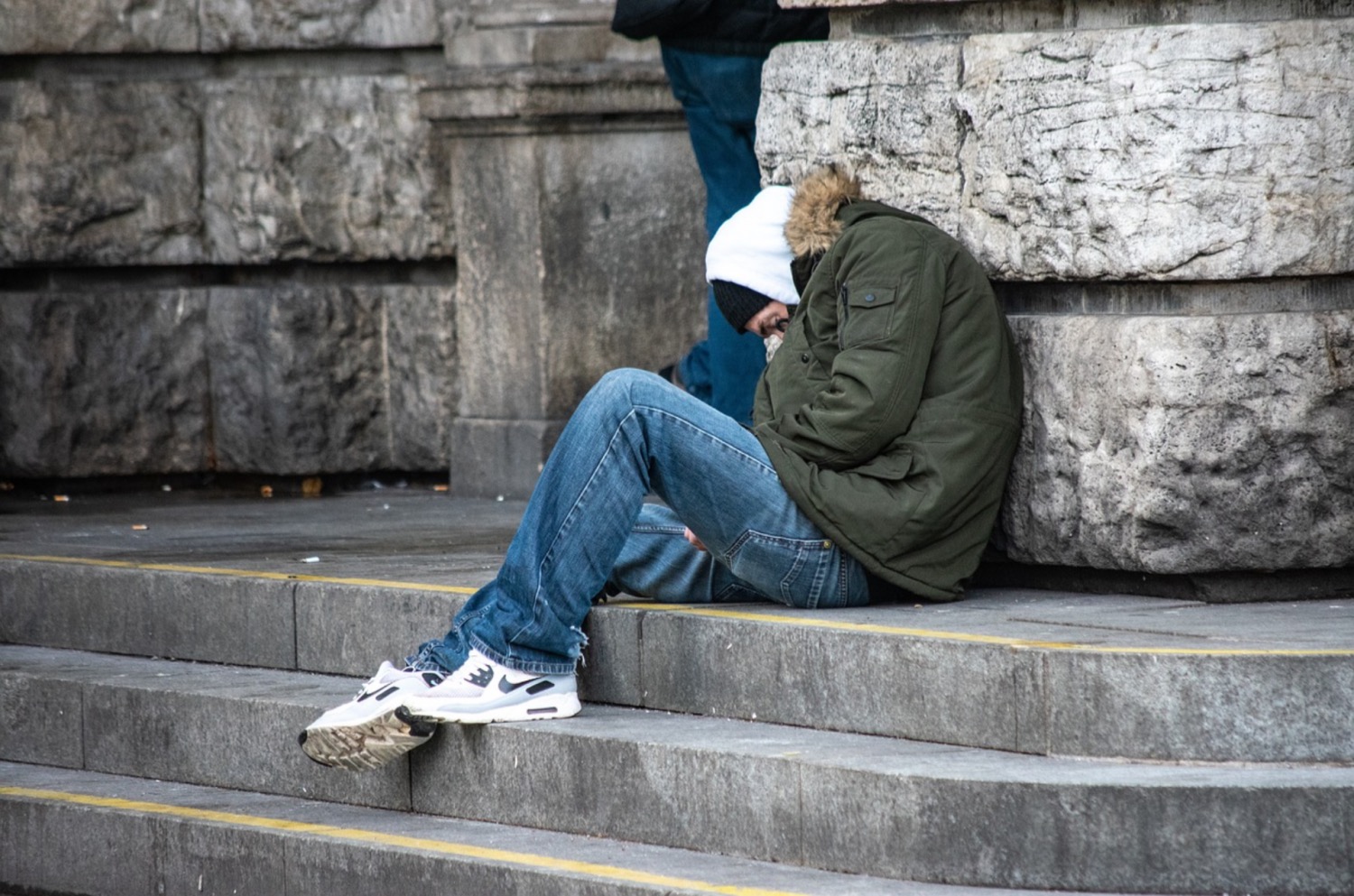“William Wilberforce convinced his generation that Slavery was a sin. This belief has not changed. The sin now lies in our ignorance to its existence around us.”
Justin Welby, Archbishop of Canterbury.
 What is modern slavery?
What is modern slavery?
Affecting nearly 50 million men, women and children globally, it is the illegal exploitation of people for personal or commercial gain.
It is a high-profit, low-risk crime based on deception, lies and coercion, and includes many types of crime.
Modern slavery is an umbrella term covering human trafficking, labour exploitation, sexual exploitation, and criminal exploitation including county lines drug trafficking, domestic servitude and organ harvesting.
Do these things happen in our diocese?
Sadly yes, these crimes are all happening in Surrey, North East Hampshire, Sussex and London. Surrey is the number one area for reported incidents of human trafficking in the country.
What can we do about it?
“We believe that the tools to end Modern Slavery exist within the local community and that the Church which is present in all communities and at the heart of many has a primary responsibility in leading these efforts.”
Bishop Alastair Redfern, Chair of the Clewer Initiative
Here’s what you can do:
- Read the web pages outlining the Church of England’s response to modern day Slavery, called the Clewer Initiative. There are some excellent resources.
- Invite a speaker - Guildford Diocese is a member of the Surrey Anti-Slavery Partnership (SASP) and can arrange for someone to help raise awareness of this issue tailored for your Church or group. Talks cover what modern slavery is, how to recognize it and how to report it. Please contact Victoria Ashdown.
- Report - if after hearing about modern slavery you have concerns about a person or people in your area, use the Modern Slavery helpline number: 0800 012 1700. The Diocesan Safeguarding Team can also advise if you believe anyone to be at risk of harm. Read more about how to report a concern.
For more information contact Victoria Ashdown (Mission Enabler for Communities).